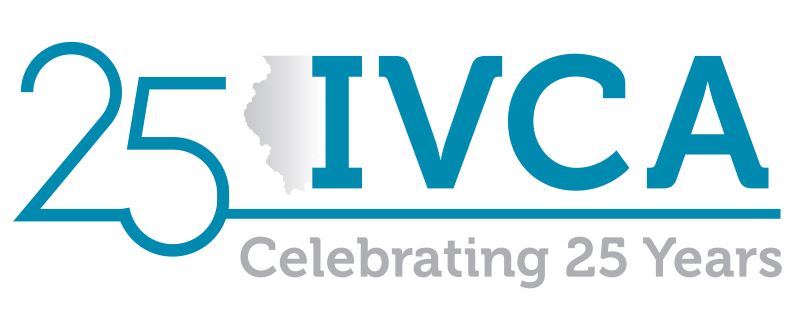Aventine Renewable Energy Holdings, Inc.
The fertile farmlands of central Illinois have always been important to the state's economy. Yet their agricultural role no longer delivers just fuel for the body. As Americans seek a replacement for black gold, they're finding it in Illinois' yellow kernels.
Pekin is a small city on the Illinois River, about 10 miles south of Peoria. Nearly halfway between Chicago and St. Louis, and with easy access to the cornfields of Illinois and Iowa, it serves as the ideal location for a company that's helping change the face of fuel in America-Aventine Renewable Energy Holdings, Inc.
Aventine is a leading producer and marketer of corn-based ethanol, gas and by-products. From its plant (and corporate headquarters) in Pekin and production facility in Nebraska (and, soon, Indiana), Aventine produced 696 million gallons of fuel in 2006. Its origins tell a story of how time and investment can spell success.
Morgan Stanley and Aventine
Aventine served once as a smaller arm of the Williams Companies, an energy enterprise dealing primarily in natural gas. In 2000, the then-Williams Bio-Energy was a satellite dedicated to ethanol production. But slow growth and debilitating overhead hurt it at a time when its parent struggled financially.
In 2002, the Williams Companies realized it needed to retool its focus back toward natural gas. It also recognized that asset sell-offs could improve its balance sheet-and that would include the ethanol-focused Bio-Energy business.
In May 2003, Morgan Stanley's Private Equity firm agreed to pay $66 million for Williams Bio-Energy. After completion of the leveraged buyout, the company changed its name to Aventine Renewable Energy, which then operated as an independent company.
At the time of the buyout, Aventine turned to Ronald Miller, a veteran of the company in marketing, logistics and development, as its chief executive officer. Mr. Miller and his management team, all of whom have extensive experience in the energy industry, capitalized on the burgeoning ethanol market to fuel its growth.
As interest in alternative fuels like ethanol began to grow, it drove the company's organic growth in the ethanol market. Yet processing corn into ethanol and other products required more plants and resources as well as a marketing organization to sell the finished goods.
To stimulate its development, Aventine again turned to Morgan Stanley for additional funding and, in December 2005, Morgan Stanley's private equity firm, now called Metalmark Capital, provided $256 million in late-stage funds. Aventine used the additional funds to expand operations, exactly what Metalmark aimed for.
As a firm, Metalmark operates a platform investment style, investing in either start-up companies or expanding existing companies like Aventine, with organic growth. Aventine's continued expansion and the increasing demand for ethanol, coupled with the influx of capital funds, helped firmly establish the company as an alternative-fuel leader. It wasn't long before the company sought further funds through an initial public offering.
The initial filing in March 2006 was for $50 million. Yet, when completed in June, the complete offering totaled $346.5 million. In the end, Metalmark continued to hold onto a 25 percent stake in Aventine.
Exponential Growth
Today, Aventine has evolved into a company with a market capitalization of about $600 million. In its most recent fiscal year, it posted $1.59 billion in revenues and net income of $55 million, a 70 percent increase from the previous year.
The company employs more than 300 people at its corporate headquarters and its plants in Pekin and Aurora, Neb. In the pipeline are plans for another Nebraska plant, along with the Indiana plant, and modifications to existing plants. The company expects to focus time and money on acquisitions.
Aventine long has focused on building relationships with other producers, so it invests a portion of capital into purchasing and selling operations and marketing alliances with others in the industry. It also benefits from strategic alliances, such as its collaborative studies with Purdue University and the Agriculture Department's National Center for Agricultural Utilization Research. Further growth in these areas is anticipated.
Aventine's strong growth in such a short time reflects both its product offering and the ability to raise the necessary resources when most in need. If not for its two injections of venture capital, Aventine would not likely have established itself as an independent concern.
|
What Aventine Means to Illinois
-Offers an additional market for Illinois corn farmers.
-Provides significant employment opportunities in rural areas.
-Creates variety of jobs in both its plants and corporate headquarters, which employs 43 people.
-Generates significant revenues of more than $1 billion annually.
|
How Venture Capital Benefited Aventine
-Provided more than $310 million for organic growth.
-Allowed company to spin off from a larger energy company and build its own products and reputation.
-Helped to establish the company as an alternative-fuel leader, making room for successful IPO.
|

